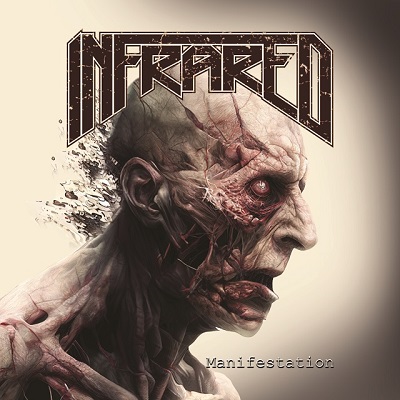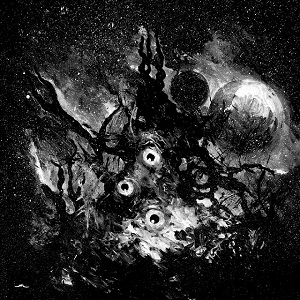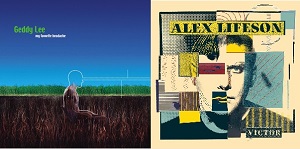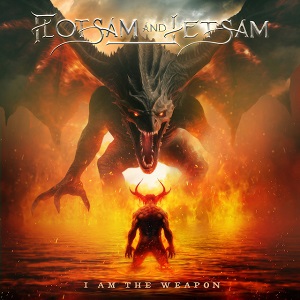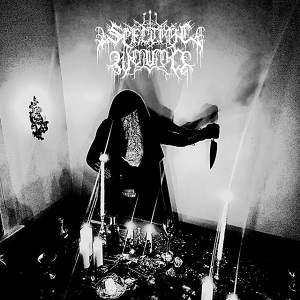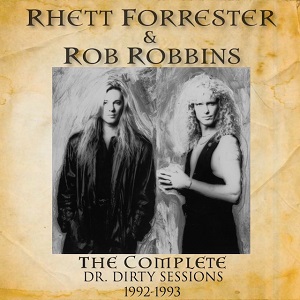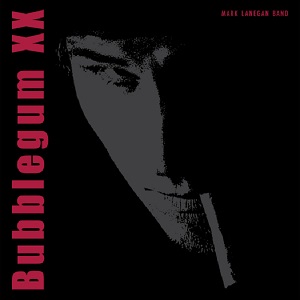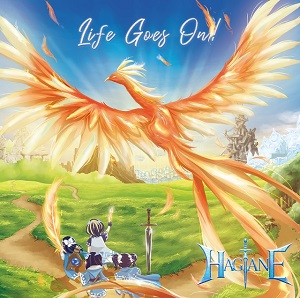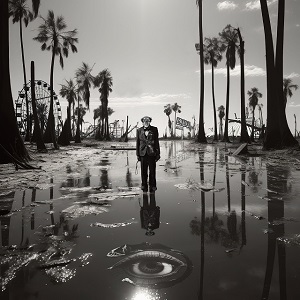DEEP PURPLE, AEROSMITH Depend On Riverwest Guitar Repair Shop
February 5, 2005, 19 years ago
JS Online (www.jsonline.com) has issued the following report from Tom Daykin:
You could be hard rock bassist Roger Glover, who helped pen DEEP PURPLE's ‘Smoke on the Water,’ or maybe a garage band veteran who has battered his guitar playing that anthem one too many times.
Either way, when that beloved instrument no longer plays the way it should, Denny Rauen feels the pain. And his repair shop in Milwaukee's Riverwest neighborhood has the cure.
Keith Richards of the ROLLING STONES, Brad Whitford of AEROSMITH, finger-picking virtuoso Leo Kottke and Chicago bluesman Buddy Guy are among players who have had their guitars nursed back to life at Rauen Guitars, 2473 N. Weil St.
Rauen's current projects include a restoration of the battered bass that Glover used to kick out the growling bass line on his band's 1973 classic. A big assignment could cost a few thousand dollars, said Rauen, 51, who's been creating and repairing guitars for nearly 30 years. Most of Rauen's jobs are less pricey, such as $95 to $130 for a guitar "set-up," a series of adjustments to improve the instrument's sound.
Musicians with day jobs, who make up a large share of Rauen's clients, are not the wealthiest people, he said.
"We're not just for the elite," Rauen said of his clientele.Rauen is taking steps to broaden the business. Its move to Riverwest in 2000 from the Milwaukee Enterprise Center North, a business incubator at 2821 N. 4th St., boosted the shop's space from 1,000 to 4,000 square feet, making Rauen Guitars one of the largest such facilities in the country. Rauen has since added two employees, his son, Josh, 26, in 2001, and Alex Allgood, 20, in 2003.
With the expansion, Rauen is putting a greater focus on making electric guitars, in addition to the maintenance and repair work. For a long time, Rauen made one a guitar a year, but he is gearing up to create up to 20 custom instruments this year. Prices will range from $2,400 to $3,500.Of course, for a manufacturing business located in what used to be a corner bakery, "gearing up" is a relative term. Although his workshop has a few pieces of power equipment, Rauen still makes guitars largely by hand.
"This is really a 19th-century business," he said.
It's also a craft that involves both science and intuition.
Much of what goes into building or restoring a guitar - and the sound it creates - involves variables such as the type of wood used in the body, and the tension of the strings, Rauen said.
But music is more than just the physics of sound, said Rauen, who has played guitar most of his life. It also packs an emotional punch, and Rauen's feel for an instrument plays a role in how he approaches each job.
"When you're tapping into that area," Rauen said, "a very subtle difference means a lot."
For Milwaukee singer-songwriter Willy Porter, Rauen's meticulous approach helped achieve the proper guitar sound for Porter's 1995 album "Dog Eared Dream," which received critical acclaim.
Porter, who has since recorded three more studio albums and tours nationally, recalls his first meeting with Rauen. After playing a few songs, Rauen peppered Porter with detailed questions about the specific type of sound he wanted from his guitar.
"He's very much like a scientist," Porter said.Rauen is "very sensitive to the quirks of individual style and how that plays out with their instruments," said Paul Cebar, of the national touring funk rock group Paul Cebar and the Milwaukeeans.
Local musicians make up about half of Rauen's customers. The rest are scattered throughout North America and Europe, and they typically learn about Rauen from other musicians.
For well-known players, the instrument is usually dropped off in Milwaukee by a handler. Sometimes, however, Rauen does emergency surgery for a touring musician who's passing through town. That happened in 1999, when Rauen worked on the bass used by Garry Tallent of Bruce Springsteen's E Street Band on the day that the group played the Bradley Center.
The bass belonging to Glover ended up in Rauen's shop through Glover's friend and fellow bassist Greg Rzab, a Rauen customer who's played with Buddy Guy, Jimmy Page and the Black Crowes.
In a telephone interview, Glover said he bought the Rickenbacker bass in 1971, when looking for something that would sound "just a bit more angry."
Years of playing have given that bass a "crappy" sound, Glover said, and he had largely stopped using it in public. Previous attempts at restoration haven't panned out, Glover said. He's hoping Rauen's work will do the trick.
"The main thing is, I want to be able to use it again," Glover said. "It shouldn't end up on display in a Hard Rock Café."Rauen understands that sentiment. He bought his first guitar as a fifth-grader living in Park Forest, Ill., south of Chicago. After graduating from high school, attending college for two years and knocking around as a musician and ceramic artist, Rauen in 1976 got a job at S.D. Curlee Co., a now-defunct guitar-maker then based in Matteson, Ill. He started as a laborer but within 18 months was promoted to plant manager and designer.
In 1979, he was hired by Dean Guitars as a designer and operator of its Chicago plant. The pay was good, but the work of mass guitar production was boring, Rauen said.
"It's really not that challenging," he said. "Like stamping out car bodies."Rauen started doing guitar repairs and custom design work on the side. He launched his own business in 1982, at first working out of the basement of his Park Forest home. He later moved into an old gas station in nearby Steger, but that location, on the far south side of the Chicago metro area, was difficult for many of his customers to reach. Rauen had friends and customers in Milwaukee, and he moved his business to Brady St. in 1988. Two years later, the business moved to the Milwaukee Enterprise Center, before eventually relocating to Weil St.
While Rauen's expanded guitar production will broaden the business, he's not expecting to become wealthy. Rauen wants to grow slowly, stay close to his business and continue working on his craft.
"I don't want to sit behind a desk doing marketing," Rauen said.

